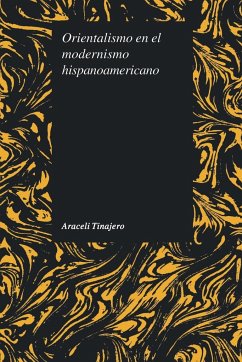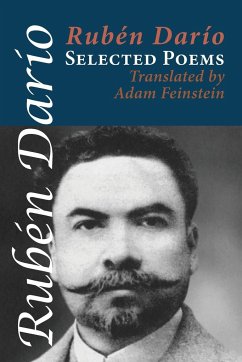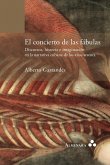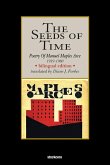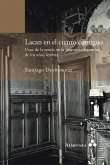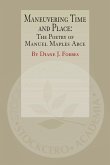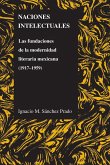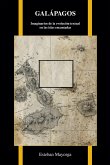Orientalismo en el modernismo hispanoamericano, de Araceli Tinajero, es un novedoso estudio que analiza el modernismo en Latinoamérica desde una perspectiva fresca y original. Lo que hace a este texto único es su enfoque en las representaciones de las imágenes, los artefactos culturales y el pensamiento oriental (principalmente japonés) en la escritura modernista. La autora habla japonés y conoce la cultura del Japón. Con su conocimiento nos acerca a los escritores modernistas que eran cronistas o corresponsales y lograron llegar al Lejano Oriente donde inventaron/construyeron una forma de exotismo que deriva pero difiere del Orientalismo que propone Edward Said. En Asia esos escritores descubrieron que había un acercamiento cultural muy sutil (no europeo) entre Latinoamérica y el Oriente. El resultado de ese encuentro es único porque presenta un paradigma diferente, un Orientalismo que se aleja de una mirada europea. Basándose en la etnografía, los estudios poscoloniales, la teoría literaria, la historia del arte y la teoría de los relatos de viaje, Tinajero analiza diversos textos modernistas y demuestra cómo la escritura "periférica" del modernismo escrita desde la modernidad occidental no es realmente marginal. El análisis de los artefactos culturales en los textos modernistas nos permite conocer el modernismo más a fondo y a comprender el encuentro cultural entre Oriente y Occidente. Ese fenómeno sobre todo ofrece la alternativa de una visión del Oriente desde una perspectiva enfáticamente hispanoamericana. El Orientalismo que propone Tinajero basándose en el estudio del modernismo hispanoamericano es innovador y representa una invaluable contribución a los estudios críticos del modernismo latinoamericano. Araceli Tinajero's Orientalismo en el modernismo hispanoamericano falls within the present revisionist trend with respect to Spanish American modernism of the late nineteenth and early twentieth century. The text's uniqueness stems from its focus on allusions to images, artifacts, and thought from the East - primarily Japan - found in central and peripheral writings within the Spanish American movement. The author knows the Japanese language and culture and brings her knowledge to bear in her discussion of modernist writers who, chiefly as chroniclers and correspondents, made their way to the East and there invented/constructed a form of exoticism (Orientalism, following but diverging from Edward Said), while discovering affinities between non-European tendencies within their own American environment and Eastern culture. The result of this encounter was a unique, non-European Orientalism. Drawing on ethnography, postcolonial studies, literary theory, art history, and travel theory, Tinajero analyzes a selection of modernist texts to show how writing at the margin of Western modernism-modernity is at once within and without the mainstream. The examination of Oriental cultural artifacts in modernista texts contributes to our understanding of modernism, of the East-West encounter, and of the culturally specific configurations of these phenomena in South America. Tinajero's concept of Orientalism focused on Spanish American modernism is a fresh approach and represents a valuable contribution to Spanish American modernist scholarship.

